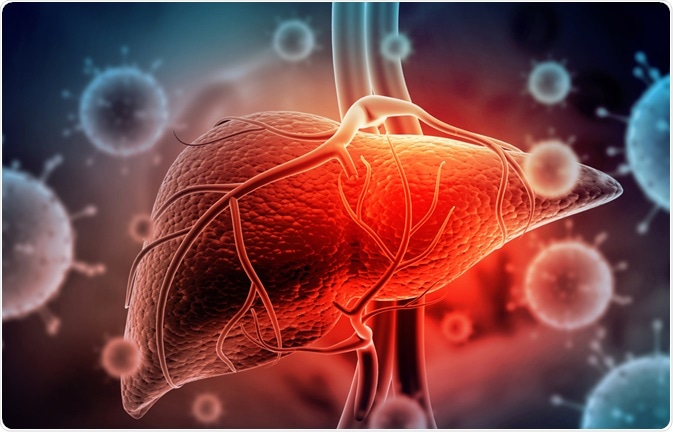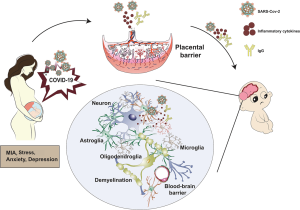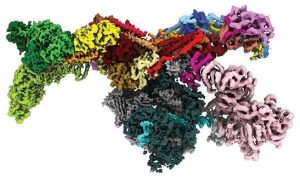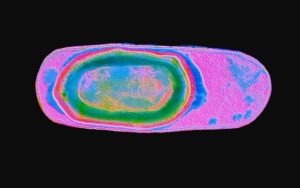National DNA Day, a day of awareness commemorating the discovery of the DNA double helix, is observed annually on April 25. But this year is particularly significant since it marks both the 20th anniversary of the Human Genome Project’s completion and the 70th anniversary of the discovery of the DNA double helix.
We spoke with Dr. Francis Collins, the head of the Human Genome Project and former director of the NIH, about his extraordinary career in genetics, from his early scientific interest to his involvement in the Human Genome Project, all the way through to his work in the NIH and White House as a presidential advisor, to demonstrate how far the field of genetics has come since the discovery of DNA’s structure.
I am Francis Collins. In graduate school, I became interested in the life sciences, studying physical chemistry. I got excited about DNA and realized there were really cool things happening in life science that I had previously ignored because I was focused on simpler questions in physics and chemistry.
This made me change my direction, which was a bit disruptive to life planning, but it was a good thing. I went to medical school, and there figured out that I was really excited about bringing together the science of the human body, which is medicine with genetics and the study of the DNA molecule.
Your predominant research focus in genetics is surrounding the genes responsible for diseases. Why did you choose to focus on this particular area of genetics research, and how has the discovery of new genes responsible for various diseases impacted the field of drug discovery and therapeutics?
For me, the interest in this wonderful molecule, which we are now celebrating the 70th anniversary of its original description, that double helix, was so compelling in this instruction book for human life and all other organisms.






